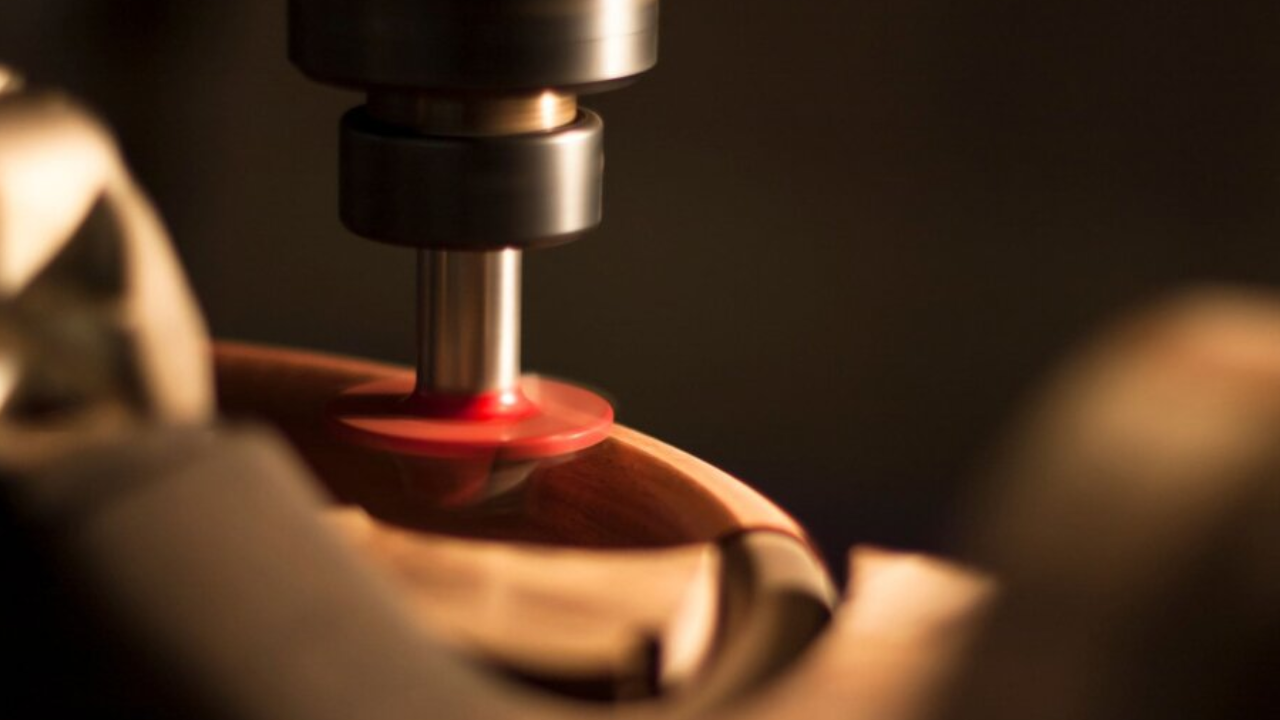The industrial sector has transformed because of computer numerical control (CNC) machining, which produces complicated parts with efficiency and precision. To guarantee the quality and functionality of the finished product, strict adherence to tolerances and standards is an essential component of CNC machining.
In CNC machining, tolerance describes the acceptable range or fluctuation in a part’s or component’s size, shape, and other characteristics. It is crucial in determining the final product’s functioning and correctness. To ensure that parts fit together correctly and adhere to design specifications, CNC Machining Tolerances expressed in measures like millimeters or inches are crucial.
What Variables Can Impact The Tolerances Of CNC Machining?
Several variables, such as machine capabilities, tool wear, material qualities, ambient considerations, and the manufacturing process as a whole, can affect the tolerances of CNC machining. Achievable tolerances are directly impacted by machine repeatability, accuracy, and precision.
Material qualities may influence how materials behave in machining, and tool wear over time can introduce variations. A role may also be played by outside variables like humidity and temperature. To guarantee that given tolerances are reasonable and achievable in CNC machining operations, it is essential to consider these factors throughout the design stage.
Tolerances Are Crucial For CNC Machining
In CNC (Computer Numerical Control) machining, which is a production method that uses machine tools and computerized controls to remove material from a workpiece, tolerances are essential. Tolerances pertain to the acceptable ranges or deviations in a part’s dimensions, shape, and feature placement. Tolerances are crucial in CNC machining for the following reasons:
Redefining Precision
The key to accuracy in CNC machining is tolerance. These devices can achieve extremely high accuracy levels, frequently expressed in micrometers. Tight tolerances are unavoidable in sectors like aerospace, medical, and automotive where there is very little room for error. The durability and functionality of the final product are enhanced by the seamless fit of components made possible by the accuracy of CNC machining.
Subject Matter Expertise:
Various materials with distinct properties are worked with using CNC machining. To account for hardness, thermal expansion, and other material characteristics, tolerances need to be precisely calibrated. For the finished product to retain dimensional stability and consistency, tolerances must be flexible enough to take material considerations into account. Precise tolerances are even more important in sectors like medical manufacturing, where biocompatible materials are widely used, to guarantee superior performance and safety.
Finding the Balance:
Although achieving tight tolerances is a noble objective, cost-effectiveness must be taken into consideration. Higher production costs are frequently a result of tighter tolerances since they require more time for machining, specialized tools, and careful quality control. Manufacturers need to carefully assess and optimize tolerances to guarantee the required precision without needlessly raising prices. This fine balance is especially important in highly competitive businesses where efficiency is paramount.
Fit and Functionality:
The way machined parts fit and work is directly affected by tolerances. Whether it’s the gears in a complex transmission system or components in a medical device, the precision afforded by CNC machining tolerances ensures that parts fit precisely, facilitating smooth operation. To determine elements like clearance, interference, and simplicity of assembly, tolerance control becomes essential. These characteristics have a direct impact on the overall effectiveness and performance of the finished product.
Assurance of Quality:
The foundation of quality control in CNC machining is tolerances. Coordinate measuring machines (CMMs) and other sophisticated metrology instruments are frequently used in rigorous inspection procedures to verify that machined items meet tolerance requirements. Beyond the final result, this exacting quality control keeps an eye on and modifies the machining process itself, quickly detecting and correcting any irregularities. This proactive strategy ensures that the finished product continuously satisfies the high criteria established by the sector.
Finally
Tolerances are the cornerstone of precision manufacturing in CNC machining. Tight tolerances provide flawless functioning and dependability in a variety of applications, including aerospace and medical. In the constantly changing world of modern manufacturing, CNC machining with precise tolerance control continues to redefine the standards of quality by striking a delicate balance between cost-effectiveness and precision.
